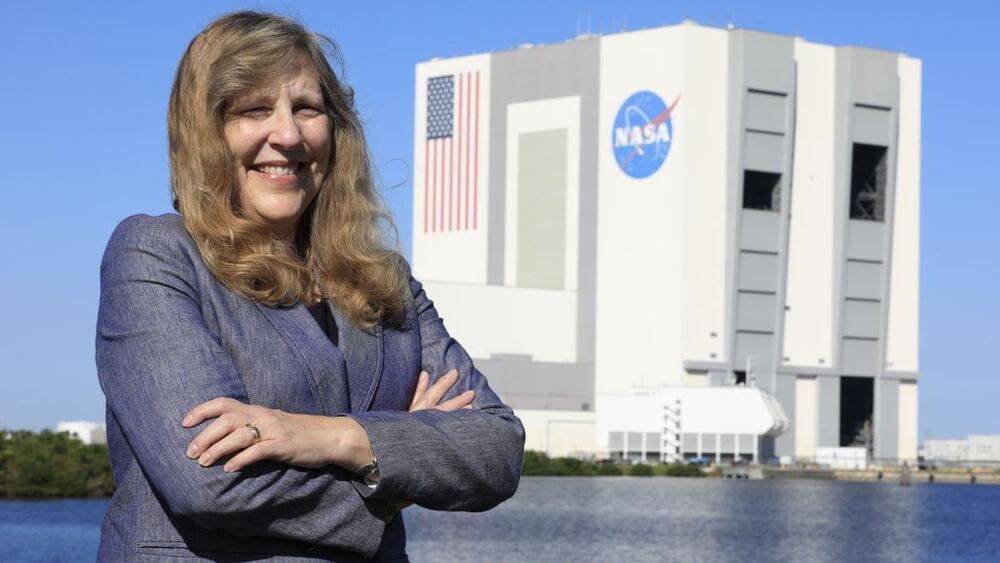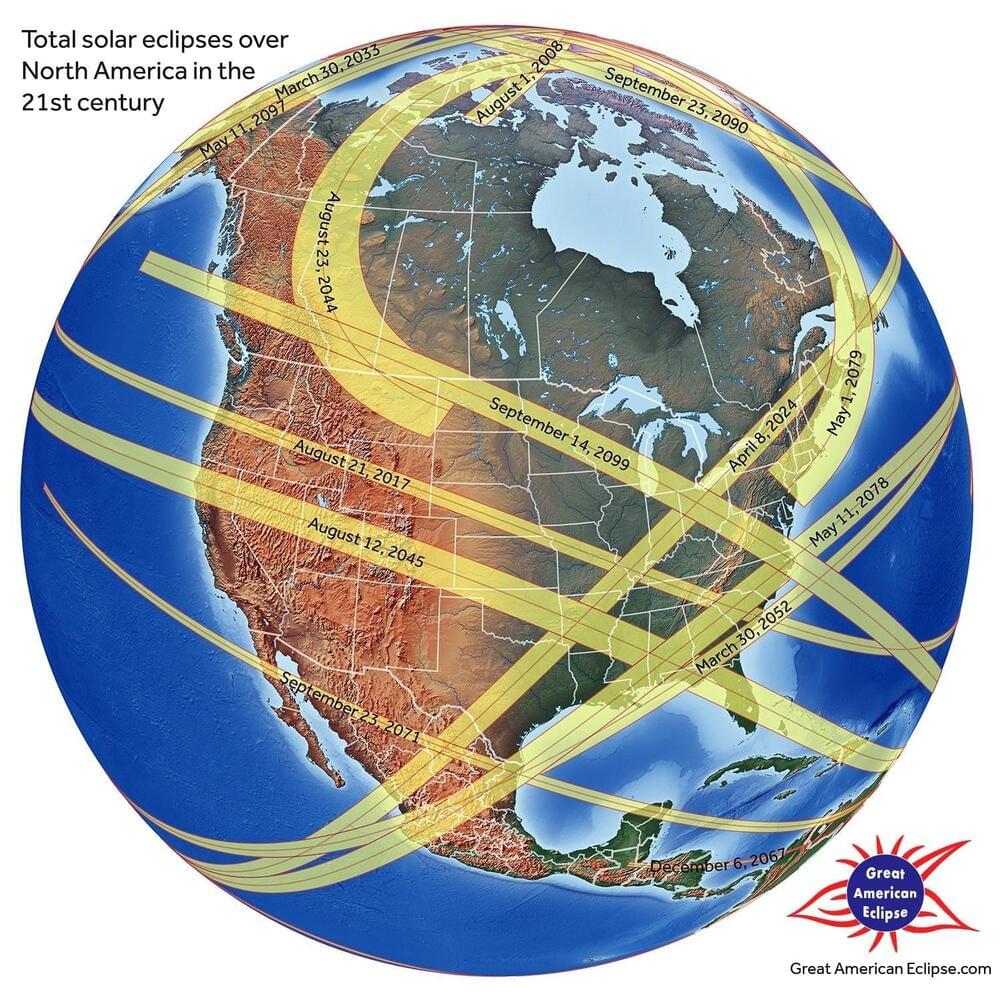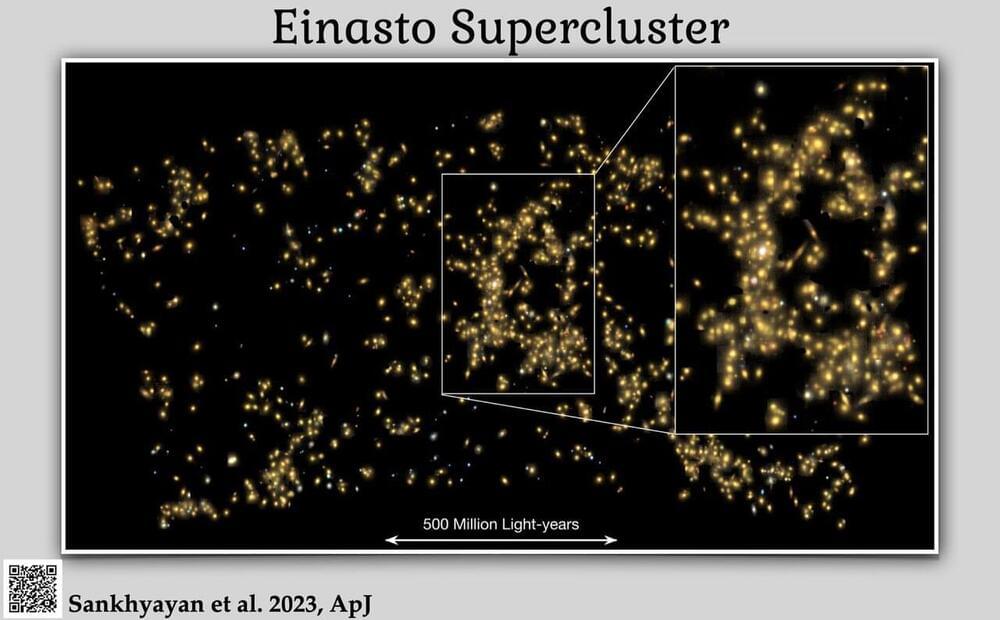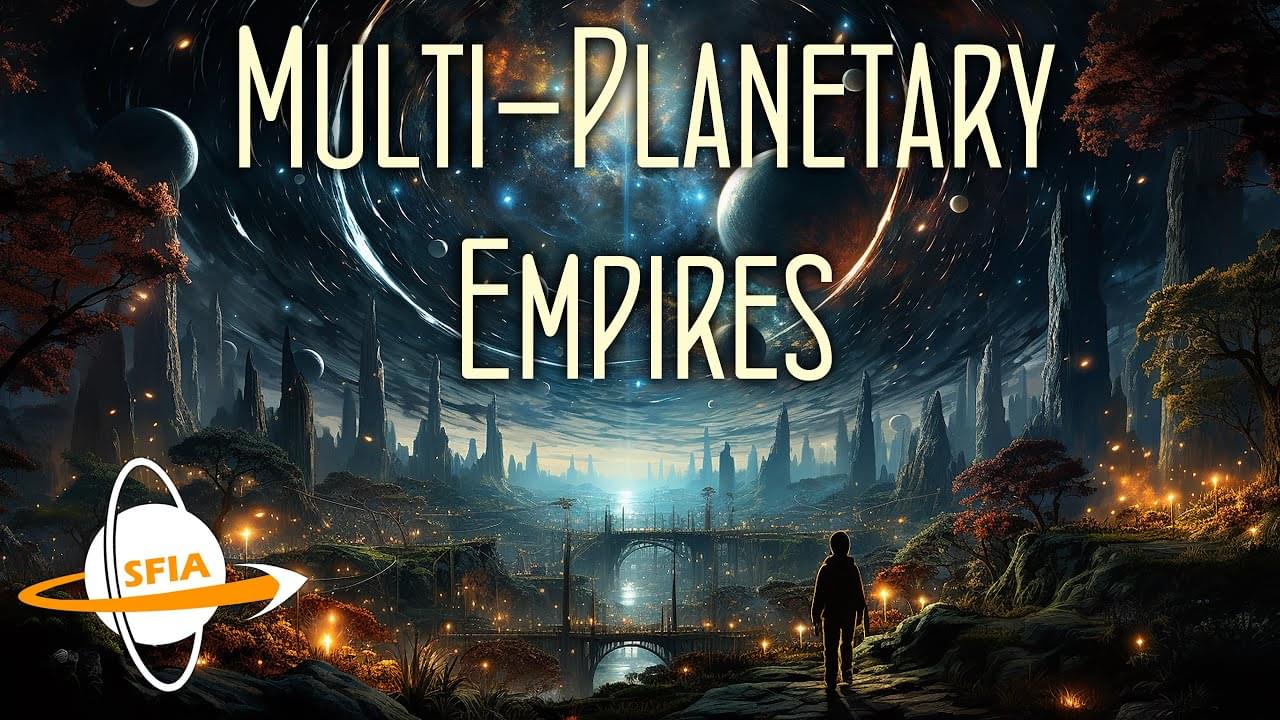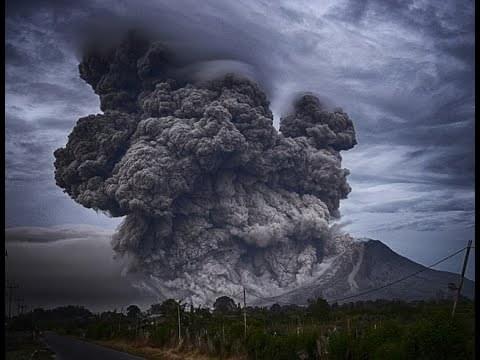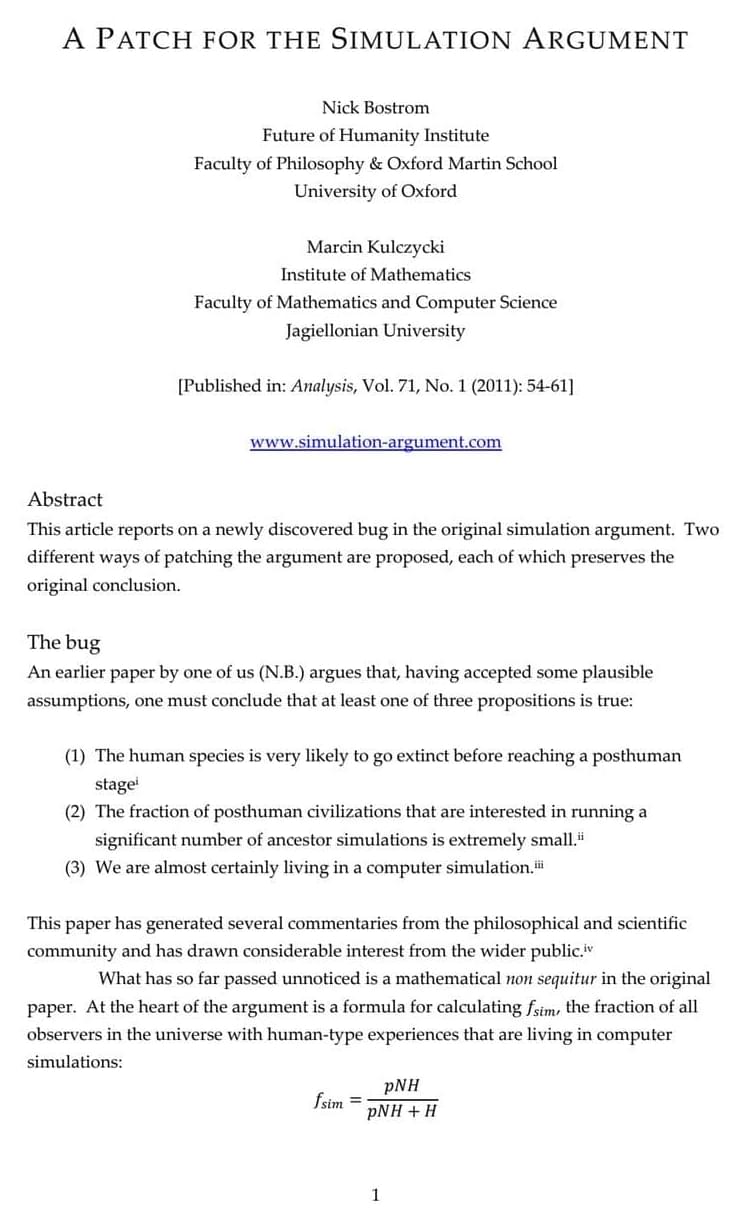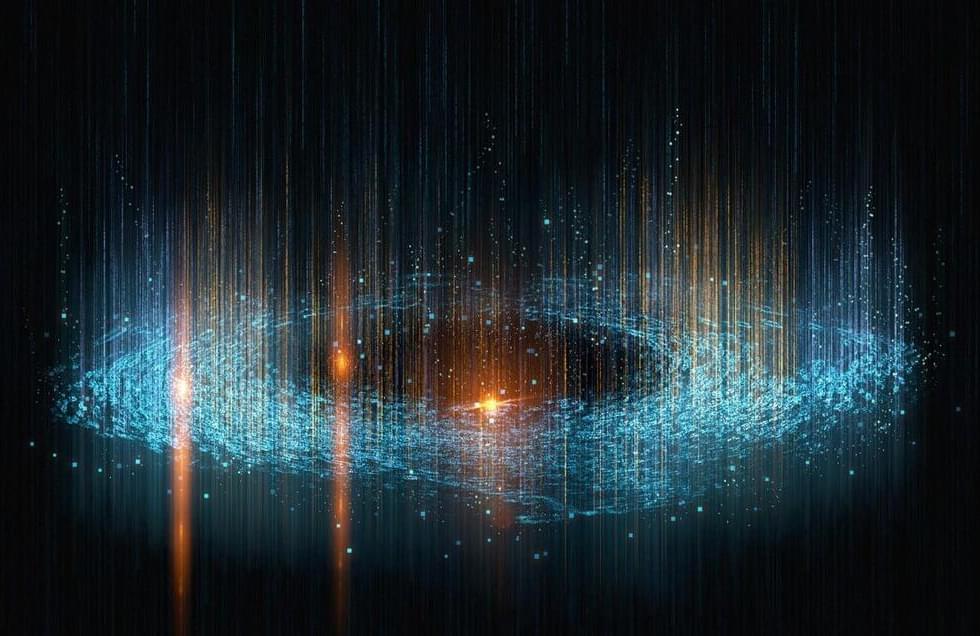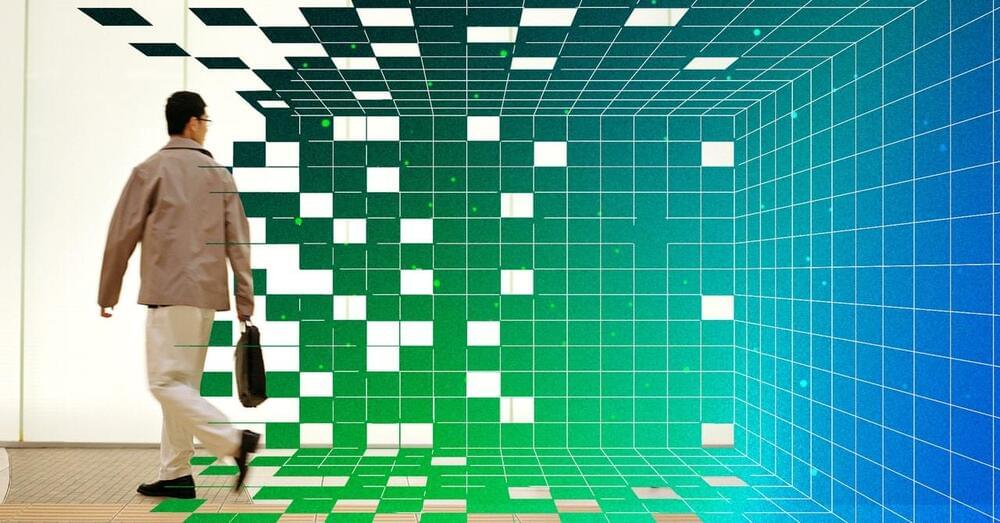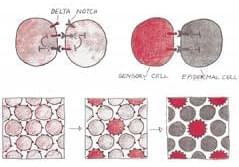Mar 31, 2024
Microsoft and OpenAI Reportedly Building $100 Billion Secret Supercomputer to Train Advanced AI
Posted by Genevieve Klien in categories: robotics/AI, supercomputing
“Microsoft has demonstrated its ability to build pioneering AI infrastructure used to train and deploy the world’s leading AI models,” a Microsoft spokesperson told the site. “We are always planning for the next generation of infrastructure innovations needed to continue pushing the frontier of AI capability.”
Needless to say, that’s a mammoth investment. As such, it shines an even brighter spotlight on a looming question for the still-nascent AI industry: how’s the whole thing going to pay for itself?
So far, most companies in the space — Microsoft and OpenAI included — have offered significant AI services for free, sometimes with a more advanced upsell version like OpenAI’s ChatGPT Plus.

